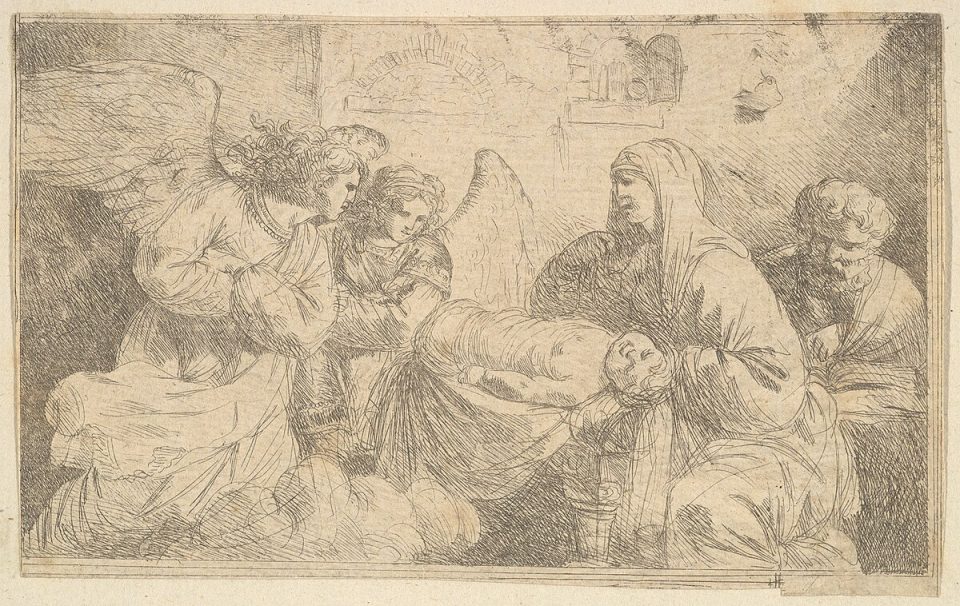By Phil Lawler, Catholic Culture, April 03, 2025
Phil Lawler has been a Catholic journalist for more than 30 years. He has edited several Catholic magazines and written eight books. Founder of Catholic World News, he is the news director and lead analyst at CatholicCulture.org.
 Is Catholic Charities really Catholic? That’s a good question, an important question, a question that we have raised frequently on this site. But it’s not an appropriate question for the Supreme Court.
Is Catholic Charities really Catholic? That’s a good question, an important question, a question that we have raised frequently on this site. But it’s not an appropriate question for the Supreme Court.
This past Monday, when Supreme Court heard oral arguments in the case of Catholic Charities Bureau v. Wisconsin, a majority of the justices appeared to agree. As the New York Times put it, the arguments advanced by the State of Wisconsin “troubled justices across the ideological spectrum.”
The case involved a state agency’s determination—later affirmed by Wisconsin courts— that the Catholic Charities Bureau (CCB) did not qualify for a religious exemption from unemployment taxes, because its activities were not undertaken “primarily for religious purposes.” Wisconsin’s highest court found that while CCB might have “religious motives,” nevertheless those motives were “incidental to their primarily charitable functions.” …
Continue reading >>>>>>>>>





 Is Catholic Charities really Catholic? That’s a good question, an important question, a question that we have raised frequently on this site. But it’s not an appropriate question for the Supreme Court.
Is Catholic Charities really Catholic? That’s a good question, an important question, a question that we have raised frequently on this site. But it’s not an appropriate question for the Supreme Court.

